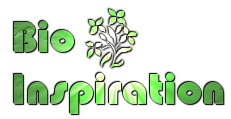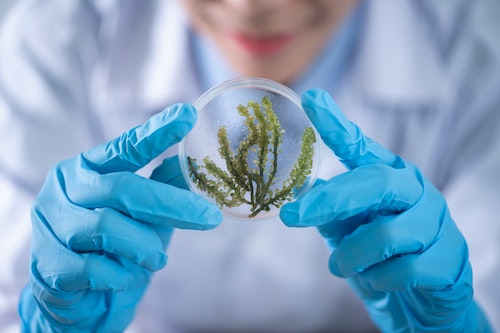Biological science and biotechnology are two branches of science that have some overlapping features, as well as distinctions that set them apart. Biological science is an umbrella term that covers a range of disciplines that studies living organisms and their environment. Biotechnology is a very specific application of existing scientific research for practical uses in the areas of medicine, agriculture, and industry.
Biological Science
Biological science is a vast field of study that includes a number of disciplines such as genetics, zoology, botany, physiology, ecology, genomics, and marine biology. All of these fields involve the use of scientific principles and techniques to better understand how living systems work, ranging from the cellular level to entire ecosystems.
The goal of biological science is to provide a better understanding of how living systems function as well as the ways in which they interact with each other. By studying these interactions, researchers can develop better strategies for managing human-environment interactions and developing sustainable economies, ecosystems, and communities.
Biological science can provide answers to a wide range of questions that help to improve our lives, such as: What causes diseases? How can we use our natural resources more efficiently? How can we develop crops with higher yields? With a better understanding of biological systems, researchers can develop solutions to these complex problems that can help us live healthier, more sustainable lives.
Biotechnology
Biotechnology is a relatively recent field of scientific research that applies the principles and techniques of biological science to practical problems. Rather than simply studying living systems, biotechnology uses existing scientific knowledge to develop new products and technologies with direct applications.
Biotechnology is used in many areas, including medicine, agriculture, and industry. In medicine, biotechnology research is focused on developing new medical treatments and diagnostic tools that can be used to detect and treat diseases. In agriculture, biotechnology is used to develop new crop varieties with higher yields, enhance nutrient content, and create plants that are more resilient to environmental stresses. Finally, in industry, biotechnology is used to produce more efficient fuel sources, develop new materials for manufacturing, and develop new chemicals for use in a variety of industrial processes.
The purpose of biotechnology is to bridge the gap between biological research and practical applications by translating knowledge from the lab into useful products. Biotechnology can provide a much-needed boost to various industries, and its applications can have a huge impact on our daily lives.
The Difference Between Biological Science and Biotechnology
The major difference between biological science and biotechnology is the focus of their research. While biological science may provide important insights into how living systems work and the relationship between humans and their environment, biotechnology takes this knowledge and turns it into tangible products with direct applications.
Biological science is also a much broader field of study, covering a range of disciplines such as genetics, zoology, and ecology, while biotechnology is a very specific application of existing scientific research. However, both fields of research rely on scientific principles and techniques, and understanding biological science is essential for success in biotechnology.
In conclusion, biological science and biotechnology are both important fields of scientific research, but they have distinct differences. Biological science provides important insights into how living systems work and the human-environment interaction, while biotechnology uses these insights to develop practical applications. A better understanding of these two fields of research can help us to better manage our resources and develop sustainable solutions to some of the most pressing problems facing our society today.

